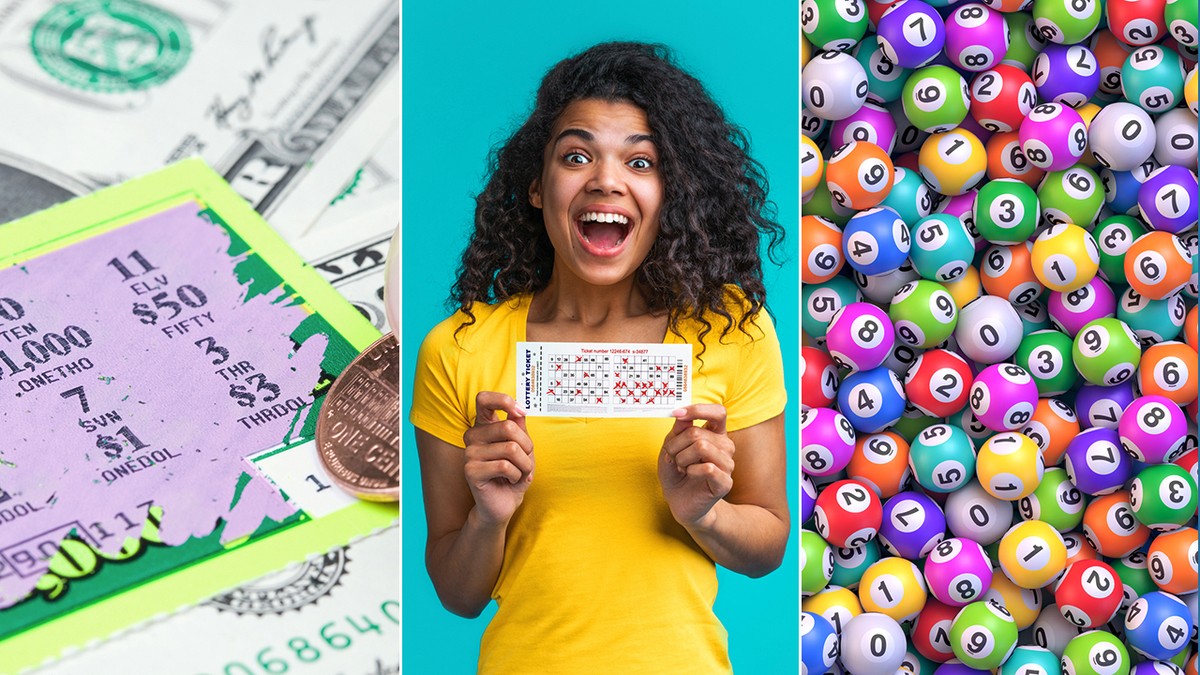The lottery—a seemingly simple game of chance with the promise of life-altering wealth—has captured the human imagination for centuries. This modern myth, a dazzling mirage of fortune, is not just about winning money; it’s a reflection of our hopes, dreams, and the eternal quest for a better life. As we delve into the world of situs toto macau, we uncover not only the mechanics of these games but also the psychological and social phenomena that make them so compelling.
Origins and Evolution
The concept of a lottery is ancient, tracing back to early civilizations. In China, the “Keno” game, developed around 205-187 BCE during the Han Dynasty, was an early form of lottery used to fund government projects. Similarly, the Roman Empire used lotteries for various public purposes, including the distribution of property and slaves. The modern lottery, however, began to take shape in 16th-century Europe, with the first recorded lottery in the Netherlands in 1569.
The lottery became a fixture in society over the centuries, evolving from a method of funding public services and infrastructure to a form of entertainment and potential wealth. Today, lotteries are a staple in many countries, operated by governments or private organizations, offering massive jackpots and, sometimes, substantial social benefits.
The Mechanics of the Game
At its core, a lottery is a game of chance where participants purchase tickets for a chance to win prizes. The process typically involves drawing numbers at random, and those who match the drawn numbers win prizes. The appeal of lotteries lies in their simplicity and the tantalizing possibility of instant wealth. With relatively small stakes—often just a few dollars—players enter a high-stakes game where the odds of winning the jackpot are astronomically slim.
Different types of lotteries exist, from traditional number draws to scratch-off tickets and instant-win games. Some lotteries are operated by national or state governments, while others are run privately. Major international lotteries like the Powerball and Mega Millions in the United States or EuroMillions in Europe offer enormous jackpots, fueling the dream of life-changing wins.
The Psychological Allure
The psychology behind the lottery is a fascinating study in human behavior. The appeal of lotteries taps into deep-seated desires for financial security and escape from everyday struggles. The “near miss” phenomenon—where players come close to winning but fall short—can be surprisingly motivating, reinforcing continued participation.
Lotteries also play on the concept of “hope,” offering a glimmer of possibility that resonates with people across different socio-economic backgrounds. The relatively low cost of entry, combined with the potential for a massive payout, creates a potent mix of optimism and excitement.
Societal Impacts
While lotteries can offer substantial rewards, they are not without their drawbacks. Critics argue that lotteries are a regressive form of taxation, disproportionately affecting lower-income individuals who spend a higher percentage of their income on tickets. The allure of winning often leads to excessive spending, financial strain, and sometimes even addiction.
On the positive side, many lotteries contribute to public causes. Proceeds from lottery sales often fund education, healthcare, and infrastructure projects, providing tangible benefits to communities. For example, in many states in the U.S., lottery revenues support public schools and college scholarships.
The Ethics and Future of Lotteries
The ethics of lotteries is a topic of ongoing debate. Concerns about exploitation, addiction, and the true impact of lottery-funded programs prompt discussions about regulation and reform. As technology advances, new forms of gambling, such as online lotteries and blockchain-based games, are emerging, raising questions about fairness, security, and the potential for increased harm.
The future of lotteries will likely be shaped by technological innovation and changing attitudes towards gambling. As societies evolve, so too will the mechanisms and regulations governing these games of chance.


